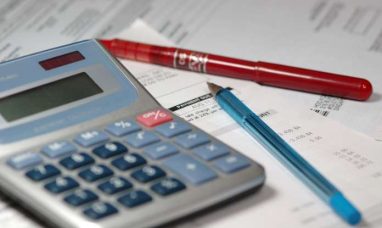Retail sales grew at a slower pace than anticipated in May, affected by high interest rates and ongoing inflation. The increase was just 0.1%, below the 0.3% expected by economists. In April, retail sales had decreased by 0.2%, according to revised data from the Commerce Department.
Excluding autos and gas, retail sales also rose by 0.1%, missing the forecast of a 0.4% increase but improving from April’s 0.3% decline.
Paul Ashworth, Chief North America Economist at Capital Economics, commented that the latest retail sales figures suggest “consumers are struggling a little.” He added, “The soft May retail sales data support our view that, after a disappointing first quarter, GDP growth remains lackluster in the second quarter too.”
The report highlighted that gasoline stations experienced the largest decline, with sales falling 2.2% from the previous month. Furniture and home store sales also dropped by 1.1%. In contrast, sporting goods and hobby stores saw the most significant gains, with sales rising 2.8%.
Michael Pearce, Deputy Chief US Economist at Oxford Economics, noted, “Consumer spending is slowing because real income growth is moderating and some consumers are becoming credit constrained amid elevated interest rates and rising credit card utilization.”
Despite concerns, some analysts viewed the data more optimistically. The retail sales control group, which excludes volatile categories and contributes to the quarterly GDP reading, rose by 0.4% in May. Matthew Luzzetti, Chief US Economist at Deutsche Bank (NYSE:DB), described it as a “decent print,” noting that the control group has seen its largest gains since December over the past three months.
“The consumer is certainly slowing,” Luzzetti said. “But at the moment, I don’t think it’s a worrying trend. It seems to be returning to a more normal economic pace.”
The report follows the Federal Reserve’s revised Summary of Economic Projections, which estimated one interest rate cut this year. The Fed’s commitment to maintaining high interest rates longer than expected has raised concerns among economists about a potential significant slowdown in the US economy.
Allianz Chief Economic Adviser Mohamed El-Erian told Yahoo Finance that waiting until December for a rate cut could result in a more pronounced economic slowdown than necessary.
In the past week, markets have increasingly anticipated a September rate cut. On Tuesday, the CME FedWatch Tool showed a 67% chance of a cut in September, up from 52% the previous week.
Featured Image: Freepik









